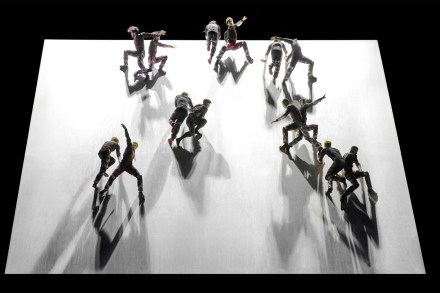Gratuitously twisty, turny nonsense: Sky Max’s Poker Face reviewed
Imagine if you had the power always to tell whether or not someone was lying. You’d have it made, wouldn’t you? The intelligence services would be queuing up to employ you for interrogations; top law firms would pay you top dollar to act as their adviser; you’d win gazillions in all the poker championships; you’d never buy a dodgy second-hand car, not that you’d need to with all that money you’d have. Admittedly, though, your life and adventures would make for a very boring TV series because everything would be so easy. Hence the tortured premise of Rian Johnson’s Poker Face, in which we are invited to believe that our




















